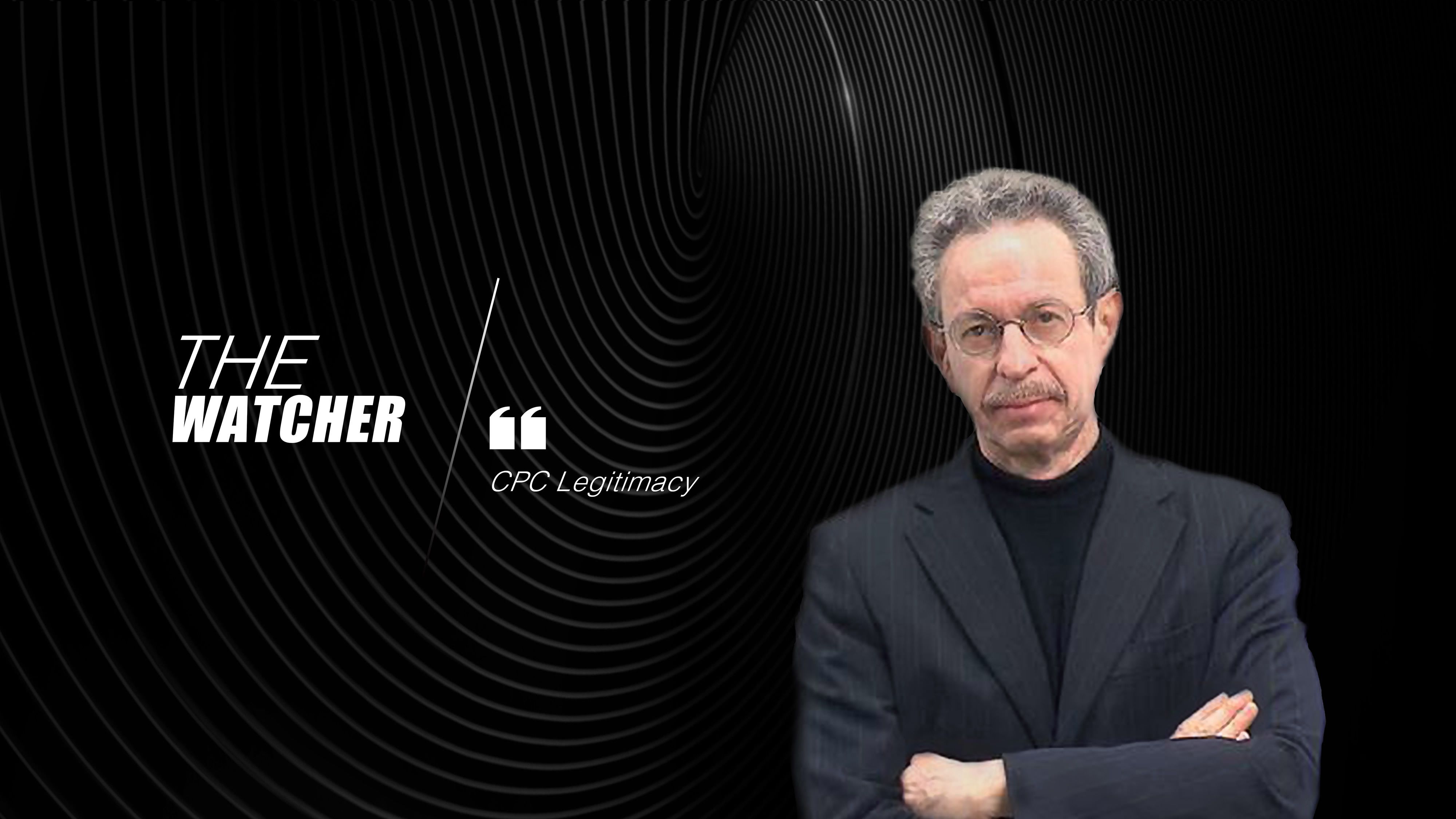
China
19:11, 18-Oct-2017
The Watcher: CPC legitimacy
Robert Lawrence Kuhn

How does the Communist Party of China (CPC) claim legitimacy? How does it hold the mantle of the perpetual rule?
The CPC has ruled China since 1949. Initially, legitimacy was conferred, through a harsh civil war, by the support of the masses and by the CPC's overwhelming victory. During the ensuing three decades, ideology was king.
Like religion, Marxism-Leninism was absolute, as if dictated by God. After the ruinous Cultural Revolution, Deng Xiaoping initiated the reform and opening-up policy, replacing ideological purity and fealty with economic development and pragmatism.
Fast forward almost 40 years. China has become the world’s second-largest economy, lifting hundreds of millions out of poverty – all under the leadership of the Party.
What is it about CPC leadership that has enabled China, since 1978, to develop so rapidly?
Today, 96 years after its founding in 1921, the Party has almost 90 million members. Why then does the Party seem such a mystery? Whatever the reasons, the veil should be lifted. China has many challenges and outcomes affecting the entire world. The only way to appreciate China’s current conditions and to anticipate its future prospects is to understand what the Party is and how it works.
Foreigners do not understand the CPC — what it stands for, how it is structured, how it functions. But one cannot understand China without understanding the CPC. The first thing to understand is that the CPC, the Party, is not like political parties of other countries. It is more like an aristocracy based on merit not birth, or a corporate holding company that manages much larger business enterprises.
What is it about the CPC that has brought about China’s historical development and enables it to endure as the ruling party? Reasons include the CPC’s structure —central, local and grassroots levels of organization — the selection and training of CPC officials, and how the CPC guides the government.
If one looks at almost every aspect of real life, Chinese people have more personal freedom than at any other time in the country’s long history. Moreover, China’s vast population is finally free from widespread famine, pestilence, homelessness, illiteracy, political mass movements and other social scourges.
But times change, and new questions arise. How to involve citizens more in the process of governance and the oversight of government, like through social media and public polling? What’s the relationship between the ruling party and the rule of law?
For the Party, its future depends on substance and style. Substance means how well it faces future challenges, assessed by economic transformation and social development. Style means how well the Party tells its own story, measured by transparency, candor, confidence, sophistication, and wit.
The Party must continue to earn its legitimacy.

SITEMAP
Copyright © 2018 CGTN. Beijing ICP prepared NO.16065310-3
Copyright © 2018 CGTN. Beijing ICP prepared NO.16065310-3